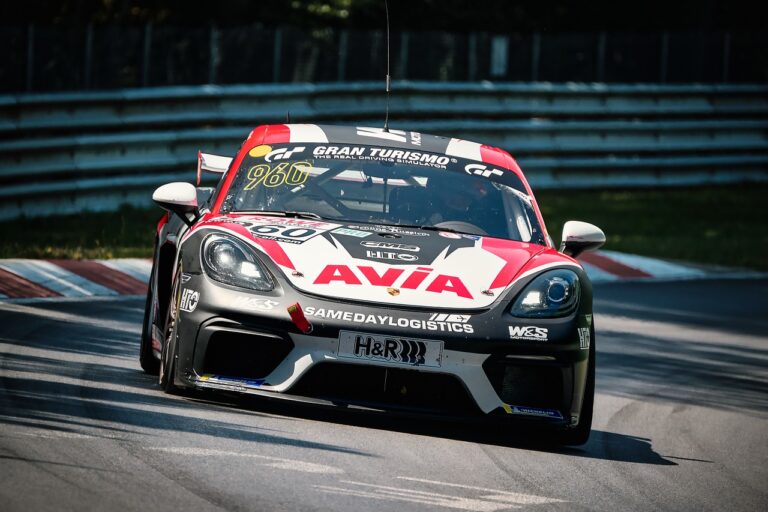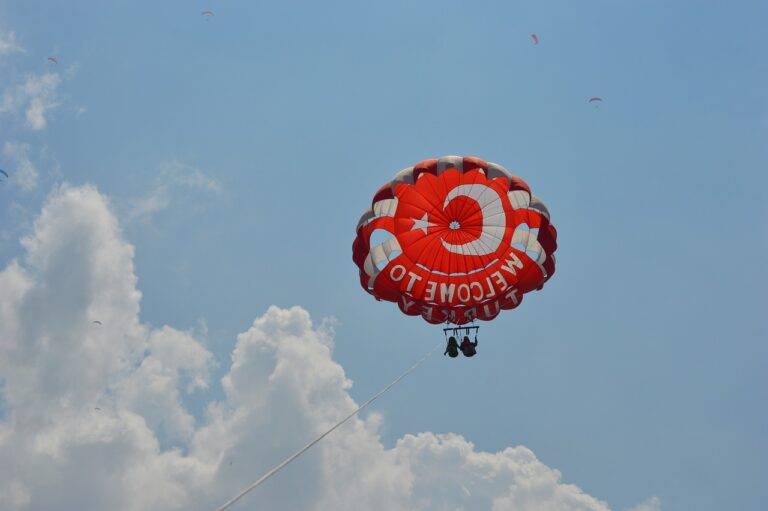The Psychology of IPL Spectator Behavior: Understanding Crowd Dynamics
Cricbet99, Apbook:Factors influencing IPL spectator behavior are multifaceted. Firstly, the quality of the teams and players involved plays a significant role in attracting and retaining spectators. Exciting matches, close competition, and star players can generate interest and draw fans to the stadiums or in front of their screens. Moreover, the entertainment value provided by cheerleaders, music, fireworks, and other elements of the live experience also contributes to spectator engagement.
Secondly, the timing and scheduling of matches are crucial factors that impact spectator behavior. Matches scheduled during weekends or evenings are more likely to attract larger crowds as they provide fans with the opportunity to attend without conflicting with work or other commitments. On the other hand, matches held during weekdays or at inconvenient times may result in lower attendance rates. Additionally, the location of the matches, accessibility of the venues, and ticket pricing also influence the level of spectator turnout for IPL matches.
The Impact of Group Dynamics on Crowd Behavior
Crowd behavior during sports events is a complex and dynamic phenomenon that is heavily influenced by group dynamics. When individuals gather to watch sporting events, they become part of a larger social unit that impacts their behavior. Group dynamics play a significant role in shaping the attitudes, emotions, and actions of spectators, ultimately shaping the overall atmosphere of the event.
One key aspect of group dynamics is the concept of social facilitation, where individuals tend to perform better when in the presence of others. This can lead to heightened emotions and increased engagement among spectators during sporting events. Additionally, the sense of belonging to a group can create a sense of unity and camaraderie among spectators, fostering a shared identity and sense of community within the crowd.
Understanding the Role of Social Identity in Fan Loyalty
Fan loyalty is a complex phenomenon influenced by various factors, and social identity plays a significant role in shaping individuals’ dedication to their favorite teams or players. Social identity theory suggests that people derive a sense of self from their membership in social groups, such as sports fandom communities. When fans strongly identify with a team, they often exhibit heightened loyalty and commitment, as supporting the team becomes intertwined with their own self-concept.
Moreover, social identity fosters a sense of belonging and connection among fans who share a common allegiance. Fans develop a shared identity based on their support for the same team, which strengthens their bond and enhances their overall fan experience. This collective identity not only fuels their loyalty but also drives behaviors such as attending games, purchasing merchandise, and engaging in fan rituals that further solidify their commitment to the team.
Fans derive a sense of self from their membership in social groups
Strong identification with a team leads to heightened loyalty and commitment
Social identity fosters a sense of belonging and connection among fans
Shared identity based on support for the same team strengthens bonds among fans
Collective identity fuels loyalty and drives behaviors such as attending games, purchasing merchandise, and engaging in fan rituals
What are some key factors that influence IPL spectator behavior?
Some key factors that influence IPL spectator behavior include team performance, player popularity, social interactions at the stadium, and emotional attachment to the team.
How does group dynamics impact crowd behavior at IPL matches?
Group dynamics play a significant role in influencing crowd behavior at IPL matches. Social influence, peer pressure, and shared identity can all contribute to the behavior of fans at the stadium.
How does social identity contribute to fan loyalty?
Social identity plays a crucial role in fan loyalty as it helps fans establish a sense of belonging and connection to their favorite team. Identifying with a particular group can strengthen fan loyalty and lead to continued support for the team.







